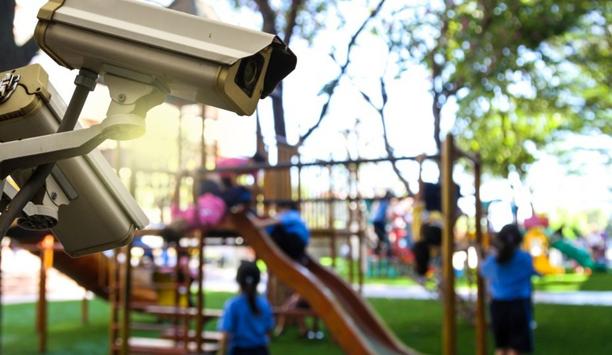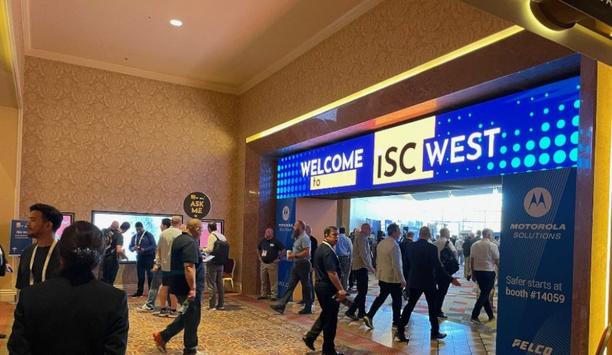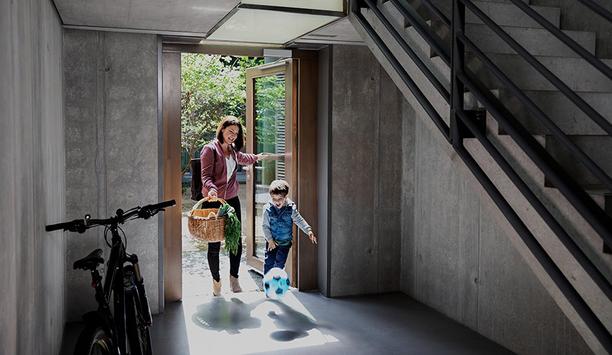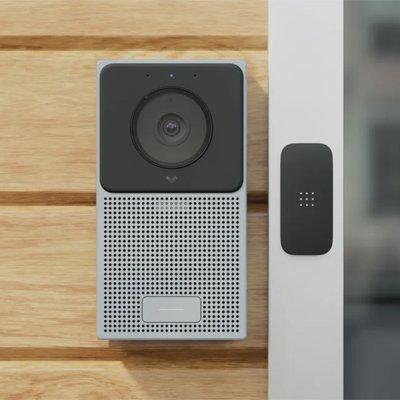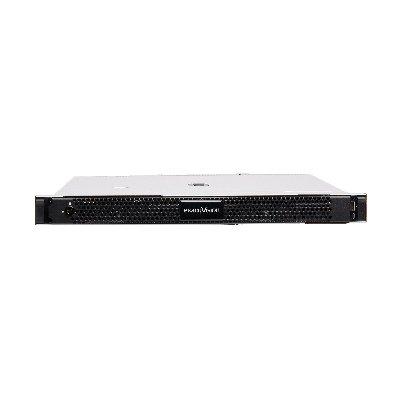DIY—the fastest-growing segment of the residential alarm market—has evolved from a niche trend into a major event in which the big dealers are “in” but the small dealers are not. But the good news is that new partnership programmes emerging from central stations are leveling the field so that even the smallest dealers can get themselves an “in.”
Why board the DIY train in the first place? It’s become clear the DIY craze is here to stay, with capital investment companies starting to back the big security players (with multiple healthy accounts) to venture into the DIY space. The catch, of course, is that this trend-turned-norm is increasingly threatening the traditional security channel. And the dealer community can simply no longer afford to ignore it.
Cause Of The DIY Trend
Getting to the core of what’s driving this shift, Millennials and other tech-savvy groups are hungry for DIY. There is a growing demographic that wants to install things themselves, and they manage their lives through a host of wireless apps. They look for miniature battery-powered sensors with adhesive wall devices to eliminate having to run wires or turn a screwdriver. And while these systems may not be the highest quality with the most features, performance is not always what drives their buying decisions. Instead, an affordable and functioning solution that can be controlled on a smart device delivers everything today’s DIY-er needs - without the inconvenience of scheduling an installation. Put bluntly, there are very few young people who are willing to pay $30 per month or more for any alarm system, deviating from the traditional alarm business.
Small Security Alarm Dealers Lack Capital
There are very few young people who are willing to pay $30 per month or more for any alarm system, deviating from the traditional alarm business |
But it is the future. The big DIY players are working extremely hard to give young and tech-savvy consumers what they want – and making a lot of money in the process.
Smaller alarm dealers understand the opportunity for incremental DIY business but they have no way to play the game. The winners invested millions to develop custom hardware, eCommerce platforms, logistics systems, smartphone apps and technical support centers to create a complete DIY ecosystem. This kind of investment is beyond the reach of the typical dealer; an insurmountable barrier to enter into the fastest growing segment of the alarm market. The truth is that for the typical alarm dealer, working capital is tight because the dealer ends up financing the alarm contract to cover the sales, hardware and installation costs to create the account.
Role Of Central Stations
So how can a typical dealer nudge his or her way into the DIY game? It turns out, the central stations that monitor their customers are key. While the dealer may not have the resources to provide a simple DIY offering with incremental RMR, the large central stations do. In fact, some leading wholesale central stations are providing Honeywell’s DragonFly Security System, a DIY “business in a box,” designed to get small alarm dealers on an equal playing field. The main advantage is not any one feature, but the opportunity for a new and evolved business model that better reflects modern purchasing behaviours.
Here’s how the DragonFly Security System concept works: The central stations offer their dealers a turn-key solution that includes a dealer-logo website, eCommerce platform, fulfilment logistics, smartphone app, technical support and central station monitoring. The dealer promotes their website to consumers, where they can order their security system and have it shipped direct. The consumer then uses the app on their smart device to install the hardware and set up their account. The account information is uploaded directly to the central station and the customer’s credit card is charged each month for Basic Monitoring (currently $10) or Premium Monitoring (currently $30). The central station collects the money and pays the dealer; $6/month on the Basic and over $20/month on the Premium plan.
While it may be a new approach for many dealers, it could not be easier. Obviously, $6/month to a dealer is significantly less than the $45/month paid for a traditional high-end alarm BUT the consumers buying the DIY solution off the website are entirely incremental and do not buy professionally installed system anyways, so it’s an added fee. Furthermore, the dealer’s website does not have geographical boundaries and can reach far beyond the footprint of the dealer’s local sales/installation team. Everything is handled by the DragonFly Security System platform so the dealer doesn’t have to deal with inventory, installers, working capital, or call centers. All they need to do is promote their website to consumers through email, web advertising, electronic newsletters and social media campaigns - and collect RMR for every system sold.
Essentially, it means bonus RMR from unserved markets, without distracting existing sales and installation teams from the traditional business.
 |
| Central stations are key for typical dealers wanting to enter the DIY game |
Easy Install Approach
The DragonFly Security System hardware of the DIY “business in a box” includes battery-powered indoor and outdoor wireless cameras, consistent with the easy-install approach crucial for DIY. The consumer receives video alerts of activity on their smartphone and can decide to disarm/dismiss or dispatch. Clicking “dispatch” immediately sends the alarm and video clip to the central station for police response. Through the app, consumers can invite neighbours to become “followers” to receive outdoor video alerts to protect the neighborhood (indoor cameras remain private). The invitation encourages “followers” to purchase their own system as part of a viral sales strategy to bring the customer’s friends and neighbours into the dealer’s account base. Now, apartment buildings, distressed neighbourhoods, rental properties, and college students become viable targets; demographics that have typically been beyond the reach of traditional alarms sold with internal or external financing. And there is no requirement for a credit score because the consumer pays for the hardware up front (currently $199 for the basic system including shipping) when they order it online.
Incremental RMR For Small Dealers
This refreshed—yet simple—business model opens incremental markets that the financial model made impossible. The central station option means the typical alarm dealer can now play in the DIY space and make incremental RMR from the rising tide of Millennials flooding the market, without the huge investment of creating their own solution.
DIY may still be a major game with cheering crowds, but it’s no longer only for the big companies with deep pockets. All a dealer needs is a Central Station that offers this concept within their range of services.






